Will presidential security office block execution of arrest warrant?
입력 2025.01.01 (04:44)
읽어주기 기능은 크롬기반의
브라우저에서만 사용하실 수 있습니다.
[Anchor]
Attention is focused on whether the first-ever arrest warrant for a sitting president will actually be executed.
The Presidential Security Service has stated that it will take security measures in accordance with legal procedures, but there are analyses suggesting this may imply the possibility of physical obstruction.
Jung Sae-bae reports.
[Report]
With the issuance of an arrest warrant allowing for the detention of a sitting president, there is keen interest in whether the Presidential Security Service will take active security measures.
The Security Service has briefly stated that if the arrest warrant is executed, "security measures will be taken in accordance with legal procedures."
The mention of "security measures" has led to interpretations that it contains a de facto obstruction policy.
Previously, three searches of the presidential office and private residence were obstructed by the Security Service.
The Security Service cited a provision in the Criminal Procedure Act that allows the person in charge to refuse a search of locations requiring military secrecy.
However, there is no separate provision to refuse an arrest warrant, and based on the Presidential Security Act, they can prevent the execution of the warrant to protect the president.
Additionally, since President Yoon's side has stated that the arrest warrant is invalid, there is a possibility they may argue that "preventing the execution of an invalid warrant" is "legal."
If the Security Service deems the execution of the arrest warrant as an obstruction of "security actions," the use of weapons may also be possible, raising concerns about physical clashes.
The Corruption Investigation Office for High-ranking Officials(CIO) has previously warned that obstructing the execution of a warrant could fall under special public service obstruction.
[Oh Dong-woon/CIO Director/Dec. 17/National Assembly Legislation and Judiciary Committee: "The execution of arrest and detention warrants cannot be obstructed for reasons such as public secrets."]
The Security Service is also reportedly preparing for actual execution, considering various possibilities, including legal responsibility issues.
Moreover, the potential for clashes between supporters of President Yoon gathered in front of the residence and the security forces may also become a variable in the execution of the arrest warrant.
This is KBS News, Jung Sae-bae.
Attention is focused on whether the first-ever arrest warrant for a sitting president will actually be executed.
The Presidential Security Service has stated that it will take security measures in accordance with legal procedures, but there are analyses suggesting this may imply the possibility of physical obstruction.
Jung Sae-bae reports.
[Report]
With the issuance of an arrest warrant allowing for the detention of a sitting president, there is keen interest in whether the Presidential Security Service will take active security measures.
The Security Service has briefly stated that if the arrest warrant is executed, "security measures will be taken in accordance with legal procedures."
The mention of "security measures" has led to interpretations that it contains a de facto obstruction policy.
Previously, three searches of the presidential office and private residence were obstructed by the Security Service.
The Security Service cited a provision in the Criminal Procedure Act that allows the person in charge to refuse a search of locations requiring military secrecy.
However, there is no separate provision to refuse an arrest warrant, and based on the Presidential Security Act, they can prevent the execution of the warrant to protect the president.
Additionally, since President Yoon's side has stated that the arrest warrant is invalid, there is a possibility they may argue that "preventing the execution of an invalid warrant" is "legal."
If the Security Service deems the execution of the arrest warrant as an obstruction of "security actions," the use of weapons may also be possible, raising concerns about physical clashes.
The Corruption Investigation Office for High-ranking Officials(CIO) has previously warned that obstructing the execution of a warrant could fall under special public service obstruction.
[Oh Dong-woon/CIO Director/Dec. 17/National Assembly Legislation and Judiciary Committee: "The execution of arrest and detention warrants cannot be obstructed for reasons such as public secrets."]
The Security Service is also reportedly preparing for actual execution, considering various possibilities, including legal responsibility issues.
Moreover, the potential for clashes between supporters of President Yoon gathered in front of the residence and the security forces may also become a variable in the execution of the arrest warrant.
This is KBS News, Jung Sae-bae.
■ 제보하기
▷ 카카오톡 : 'KBS제보' 검색, 채널 추가
▷ 전화 : 02-781-1234, 4444
▷ 이메일 : kbs1234@kbs.co.kr
▷ 유튜브, 네이버, 카카오에서도 KBS뉴스를 구독해주세요!
- Will presidential security office block execution of arrest warrant?
-
- 입력 2025-01-01 04:44:40
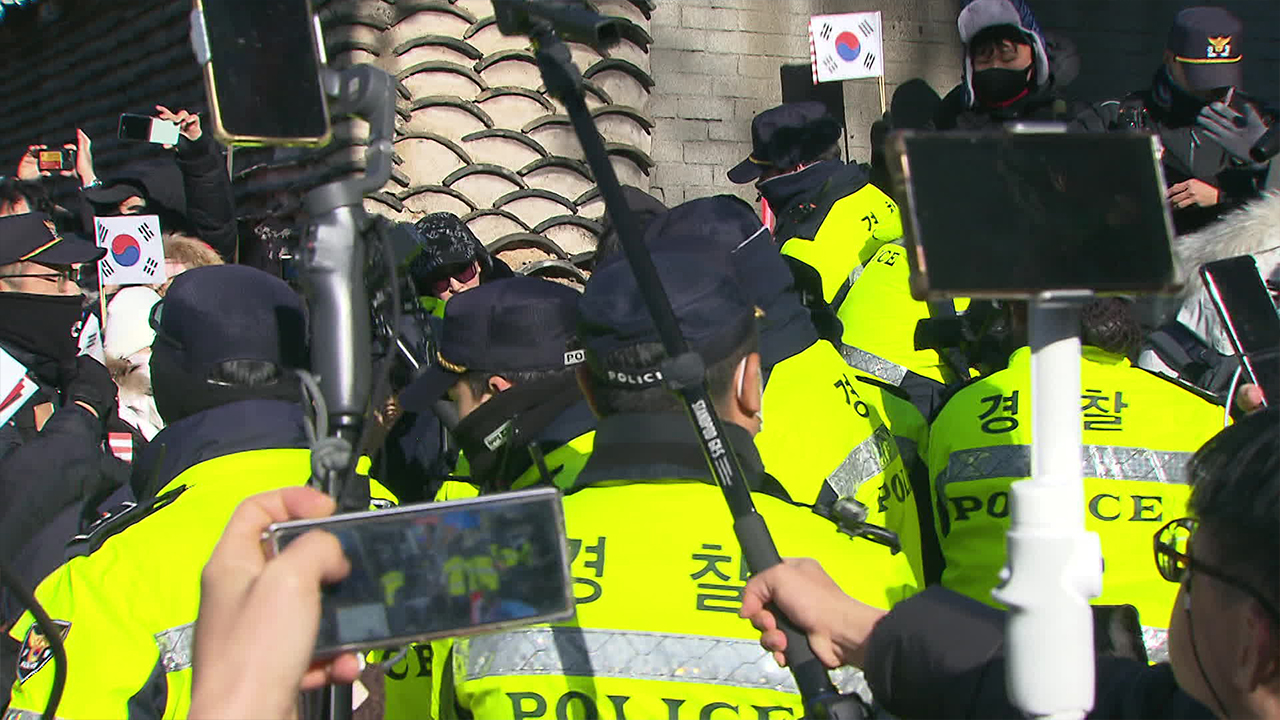
[Anchor]
Attention is focused on whether the first-ever arrest warrant for a sitting president will actually be executed.
The Presidential Security Service has stated that it will take security measures in accordance with legal procedures, but there are analyses suggesting this may imply the possibility of physical obstruction.
Jung Sae-bae reports.
[Report]
With the issuance of an arrest warrant allowing for the detention of a sitting president, there is keen interest in whether the Presidential Security Service will take active security measures.
The Security Service has briefly stated that if the arrest warrant is executed, "security measures will be taken in accordance with legal procedures."
The mention of "security measures" has led to interpretations that it contains a de facto obstruction policy.
Previously, three searches of the presidential office and private residence were obstructed by the Security Service.
The Security Service cited a provision in the Criminal Procedure Act that allows the person in charge to refuse a search of locations requiring military secrecy.
However, there is no separate provision to refuse an arrest warrant, and based on the Presidential Security Act, they can prevent the execution of the warrant to protect the president.
Additionally, since President Yoon's side has stated that the arrest warrant is invalid, there is a possibility they may argue that "preventing the execution of an invalid warrant" is "legal."
If the Security Service deems the execution of the arrest warrant as an obstruction of "security actions," the use of weapons may also be possible, raising concerns about physical clashes.
The Corruption Investigation Office for High-ranking Officials(CIO) has previously warned that obstructing the execution of a warrant could fall under special public service obstruction.
[Oh Dong-woon/CIO Director/Dec. 17/National Assembly Legislation and Judiciary Committee: "The execution of arrest and detention warrants cannot be obstructed for reasons such as public secrets."]
The Security Service is also reportedly preparing for actual execution, considering various possibilities, including legal responsibility issues.
Moreover, the potential for clashes between supporters of President Yoon gathered in front of the residence and the security forces may also become a variable in the execution of the arrest warrant.
This is KBS News, Jung Sae-bae.
Attention is focused on whether the first-ever arrest warrant for a sitting president will actually be executed.
The Presidential Security Service has stated that it will take security measures in accordance with legal procedures, but there are analyses suggesting this may imply the possibility of physical obstruction.
Jung Sae-bae reports.
[Report]
With the issuance of an arrest warrant allowing for the detention of a sitting president, there is keen interest in whether the Presidential Security Service will take active security measures.
The Security Service has briefly stated that if the arrest warrant is executed, "security measures will be taken in accordance with legal procedures."
The mention of "security measures" has led to interpretations that it contains a de facto obstruction policy.
Previously, three searches of the presidential office and private residence were obstructed by the Security Service.
The Security Service cited a provision in the Criminal Procedure Act that allows the person in charge to refuse a search of locations requiring military secrecy.
However, there is no separate provision to refuse an arrest warrant, and based on the Presidential Security Act, they can prevent the execution of the warrant to protect the president.
Additionally, since President Yoon's side has stated that the arrest warrant is invalid, there is a possibility they may argue that "preventing the execution of an invalid warrant" is "legal."
If the Security Service deems the execution of the arrest warrant as an obstruction of "security actions," the use of weapons may also be possible, raising concerns about physical clashes.
The Corruption Investigation Office for High-ranking Officials(CIO) has previously warned that obstructing the execution of a warrant could fall under special public service obstruction.
[Oh Dong-woon/CIO Director/Dec. 17/National Assembly Legislation and Judiciary Committee: "The execution of arrest and detention warrants cannot be obstructed for reasons such as public secrets."]
The Security Service is also reportedly preparing for actual execution, considering various possibilities, including legal responsibility issues.
Moreover, the potential for clashes between supporters of President Yoon gathered in front of the residence and the security forces may also become a variable in the execution of the arrest warrant.
This is KBS News, Jung Sae-bae.
-
-
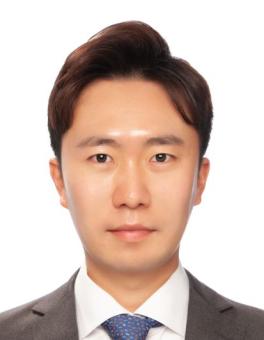
정새배 기자 newboat@kbs.co.kr
정새배 기자의 기사 모음
-
이 기사가 좋으셨다면
-
좋아요
0
-
응원해요
0
-
후속 원해요
0










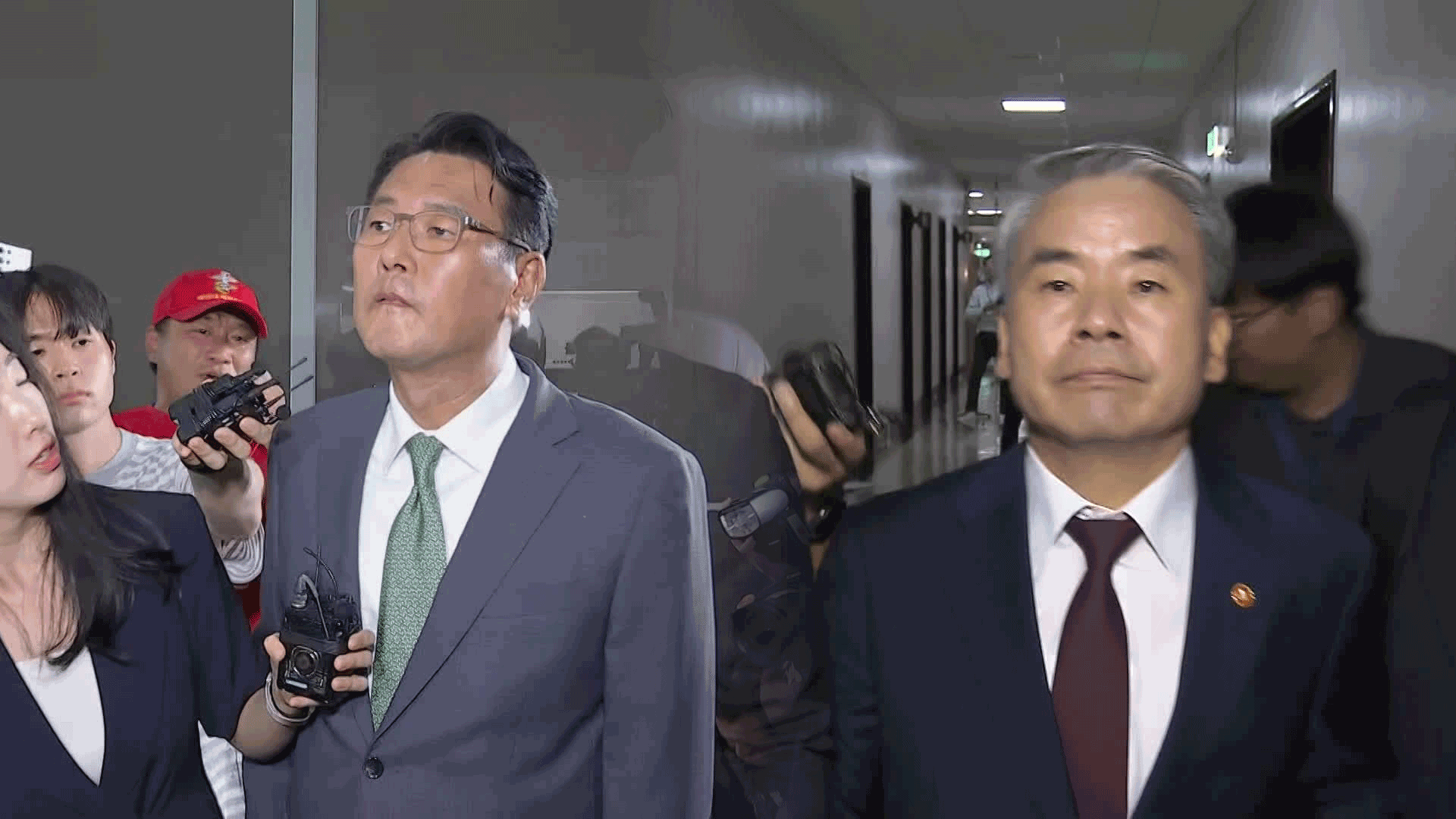
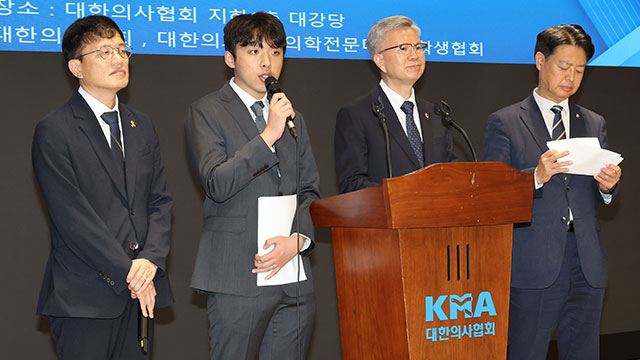

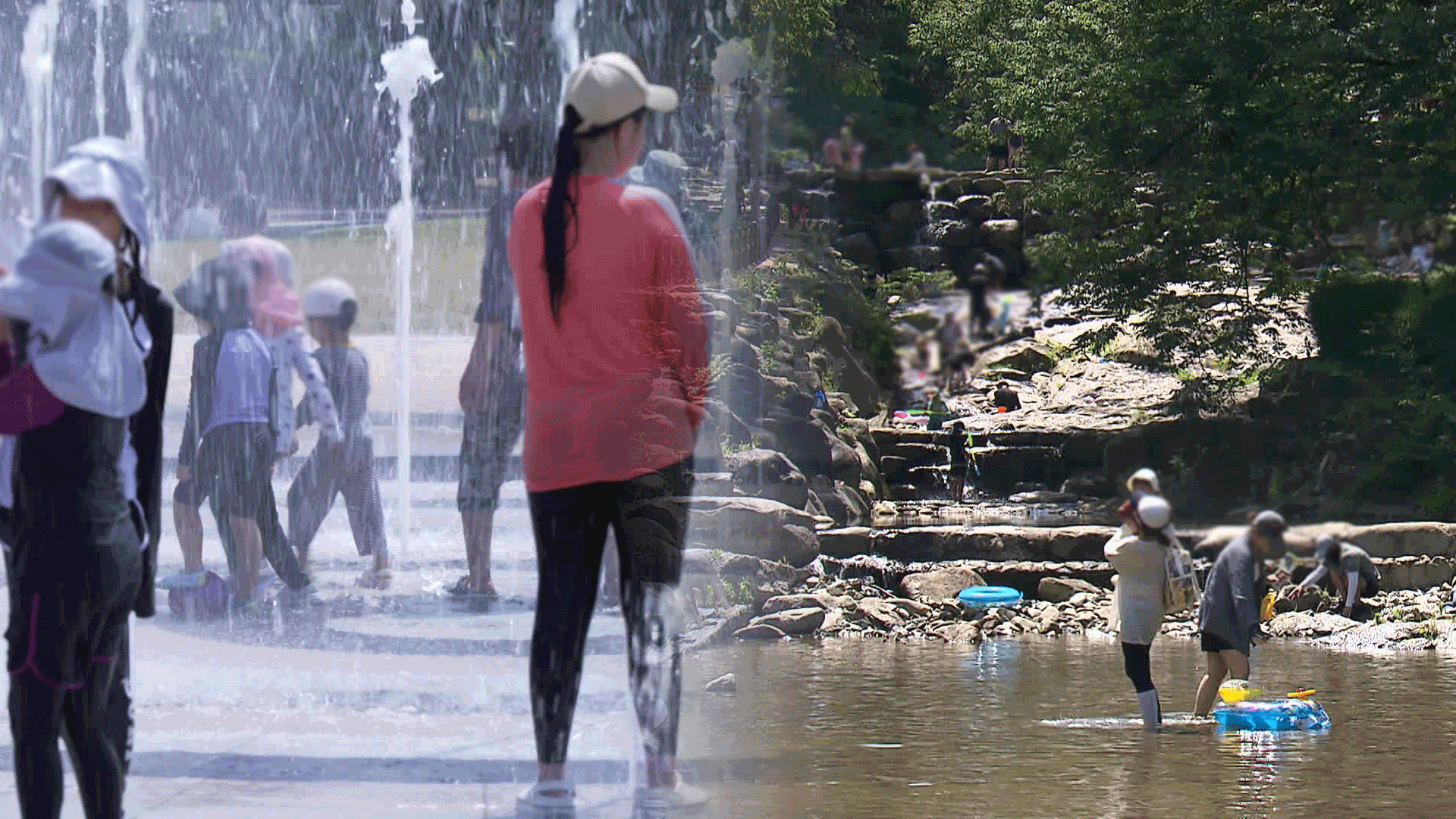

이 기사에 대한 의견을 남겨주세요.